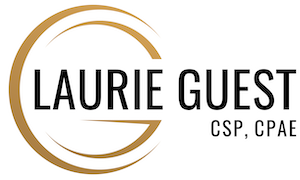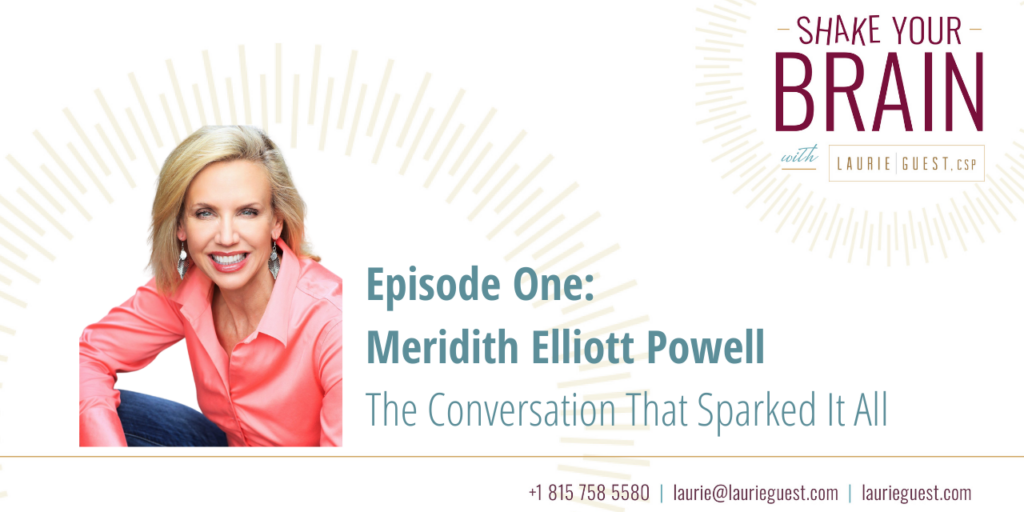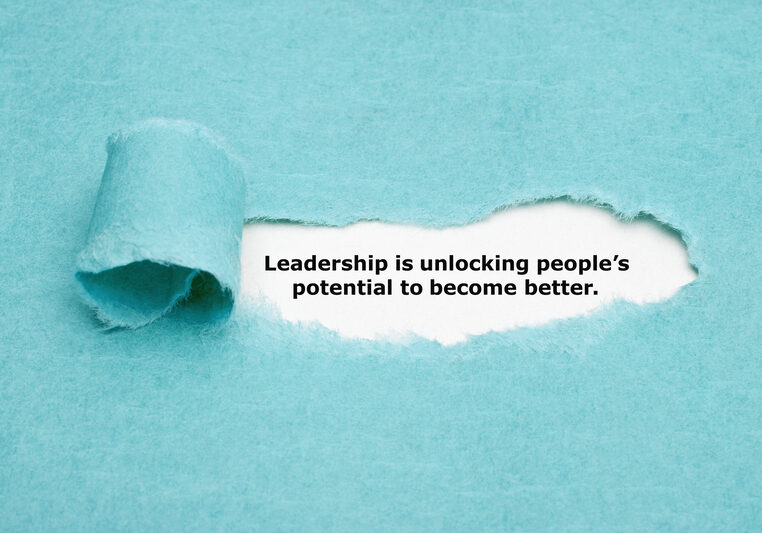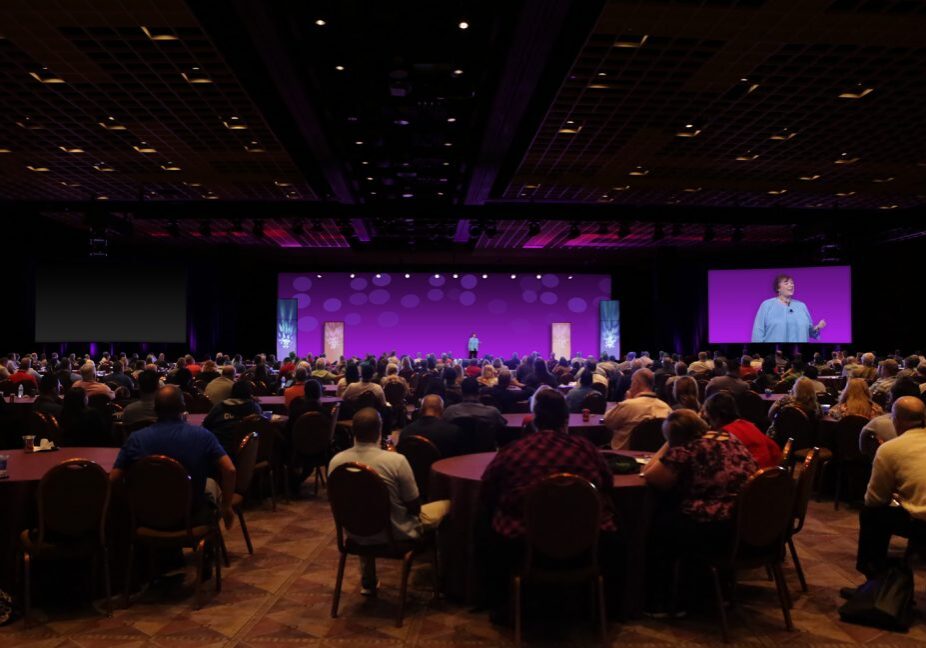Welcome to my new series called Shake Your Brain: How good ideas happen. Each episode features a quick interview with someone I find interesting, and I’ve given them the challenge to tell me “what you’ve been thinking about lately that might make me say, Oh, that’s good!”
My first guest is a friend I sought out for advice when I was in a bit of a rut during the pandemic, as a result of one comment she made, a lot has changed for me. And you’re going to hear about that in just a moment. Meridith Elliott Powell is a business growth expert and she was voted one of the top 15 business experts to watch by Currency Fair and a top sales expert by LinkedIn.
To me, she’s a loyal friend and a golf partner who knows how to work hard and play hard. So get out your pen if you can, because she has some great questions to ponder as it relates to business.
Laurie: Hey welcome, Mer.
Meridith: Thanks. I’m excited to be here. Love this topic.
Laurie: The reason I got jazzed about this interview in the first place is that for the last four months, early spring of 2020, I have found myself not knowing how to shift during the times, and there’s all this information coming in, but my brain wasn’t really putting things, I guess, in a proper order that worked for me. So my way to approach this was to stand still. And I promised myself by a certain date that I would be done standing still, and I would be ready to take an appropriate action for my business, which is one of those that has imploded during this stay at home order time.
I wanted to hear what some of your thoughts were about how we’re handling this shifting. And so tell us a little bit about your thoughts.
Meridith: I’m not a stand still type of person. So my immediate reaction was, was to take action. But taking action can be as dangerous to a business as standing still. So for anybody listening to this, you’ve got to get a handle on it either way. And I think there are three really important things that I did. And number one is I think you’ve got to get a handle on what you can control and what you can’t. So I’m a big list-maker. I don’t know if other people are lists makers, but I’ve got to do a brain dump just to get the anxiety out of me.
What I’m worried about, how am I going to pay the bills, is work gonna come? Am I going to be relevant? You know, are we going to open? What’s going to happen? You know, those types of things. And once I make the list of what I can control and what I can’t control, I focus all my time and my energy on what I can control. That brain dump is almost a release, right. So that’s where I start.
Laurie: And that was an excellent tip. And I really did that. I took a whole afternoon to just pull all of the things that had been really just recycling in my head and I got them out and it actually led to what I’m going to call this brief series—and it’s called “Shake my Brain” because that’s how it felt when I was done talking to you, Meridith. I felt like we just kind of shook my head, and then shook stuff out.
I don’t know if that makes any sense, but that’s how it felt. And the biggest thing that you said to me that made a difference is that if we, as speakers had something of value to say before the pandemic, we certainly have something to say now and knowing your value and knowing what you have to say is critical. Just like anybody listening, who has a product or service that they sell, if you mattered before you sure as heck matter now. it’s actually more important that we stay a voice in the marketplace to help people solve their issues. That was my translation of what you said, it was just a brain shake for me.
So I love the idea of the brain dump. Now you said there’s two more.
Meridith: Yeah. So kind of going in line with what you with what you said is that to realize that this crisis is not about you. My mother used to say when I was a kid that the fastest way to get past your own problems is to focus on somebody else’s and it turns out when you grow up, that you’ve learned that your mother is right about most everything, but you know, early on I realized that this crisis wasn’t about me and Laurie, I believe very passionately as speakers, that we are essential workers, people need hope, they need inspiration and they need the strategies to work their way out.
And I believe as speakers, we go first, we jump off the cliff, we head into troubled waters. We figure it out. So that we can come back and we can share the path with everybody else. And if you can get out of your own head and out of your own problems and focus on somebody else, you’re not only going to help them, but you’re going to find your path forward.
Laurie: Well, absolutely. And if you’ve told me once, you’ve told me a hundred times, don’t worry about things being perfect. Get out there, do it. And this interview is a perfect example. This morning, I woke up thinking, wow, I really feel like this shake my brain thing. There’s some interesting interviews to be done.
I’ll see if Meredith’s available and within an hour we’re meeting up here on this platform. What we can take is information we know in our heads and believe in our hearts and get it out there for people
Meridith: Yeah. Yeah. I think, I definitely think perfection is overrated. I don’t suffer from that, but get into your head as a speaker you are needed right now, you are essential. Get out there in front and lead the way.
Laurie: Absolutely. I think that is so important. Now you and I have played a few rounds of golf together in our lifetime and what I really see as an appropriate metaphor for this is that we have a bag of clubs or a bag of tools for our work.
And there are some tools that we don’t use very often. For example, I rarely use my three iron and hopefully rarely use my Sand iron, but the sand iron is there, if I need it, if I’m in trouble, I can go and find that club and pull it out and get myself out of trouble. If I know how to use the tool, if I’m prepared, if I’ve practiced with it. And I think that that is exactly the metaphor for this. We all have tools in the bag that maybe we’re not using as well as we could in business. And so does any tool come to mind when it comes to being a business growth expert that people should think about using that they don’t.
Meridith: Yeah, the biggest ones, I’ll keep going with your golf metaphor…There’s two clubs that I think are really, really essential to things that I think people need to be doing right now. And the first is I’m going to align with the driver cause it gets you off the tee and that is you need to be calling and engaging and listening to your existing customers for two reasons.
Number one is you need to let them know you’re here. You need to let them know you’re open for business and you need to be listening to them so that they’re loyal to you. But the second is I’m going to use the approach club right around the green, which to me is the follow-up, it’s the thing that gets you to the hole.
And that is that you need to really be listening to them and using the information that they give you to redefine your value proposition, what you sold before COVID and what you sell right now, it needs to change a little bit. People tell me all the time “people are busy. I can’t get in front of people.”
The only reason you can’t get in front of people right now, it’s because you’re not relevant. And if you’re still selling things exactly the same way you sold them before, COVID, you’re not relevant, change the language, but don’t make the language up yourself. Listen to your customers. They’ll tell you exactly what they need, exactly how they want to buy it and exactly how it needs to be positioned. It’s magic and a gift that they’ll give you.
Laurie: And it’s the perfect way to position yourself with a solution. If I’m not asking. and then listening, then I’m really just working in kind of an echo chamber. Right. I’m doing what I know has worked before and it’s a new day, so we have to keep changing. I think that’s so true right now. We’re in the middle of considering a relocation. We’ve been talking about it for five years. We’re speeding up that process and I’ll tell you how frustrated I am. I have a particular builder I’ve chosen and all I’m getting is email correspondence back and forth. It’s short emails. It doesn’t answer my questions. I’m a confused buyer right now. And I finally got her attention when yesterday I emailed and said, this email back and forth has begun to frustrate me. I think I will look for a different builder. Today, we have a phone call planned. My question for that person, if she was listening to me and I won’t call her out, but if she was listening to me, I would say the smart seller would have picked up the phone the very first time I expressed an interest in building a home with them. Do you think it could be they have so many tire-kickers they’ve conditioned themselves to believe well she’s probably not serious?What would be your guess just on that brief little snapshot of a story what’s happening on the other end?
Meridith: Yeah, I think that you take an industry like building right now, which is so busy and they’re making that fundamental mistake. I mean, the fundamental mistake is that we as sellers really underestimate how much people want to be heard and how much they want to be listened to.
And that is really heightened in the middle of a crisis. So the mistake is that she’s assuming that she is in control of the buying process. And I don’t care how much business you have in the pipeline, you are never in control of the buying process. And what you did for her was a gift. You told her what you were going to do.
Most of your customers just go away. Yeah. You know, so that was the fundamental mistake. You have to first tell people that you care about them, people don’t buy from you because they understand your products and services they buy from you because you take the time to understand them.
Laurie: Absolutely. And the thing that gets my brain shaking is the idea of how can we put creativity to work. So when I think about this particular person, there are steps that I must say, need to go through that I’m not understanding by a well crafted website, that’s in position to sell. It’s all selling language.
It’s not action language. And I think there’s a difference. And I realized that they can’t take time maybe with every single tire kicker, but what they could say is watch the short video. I would click on that video and it might be her saying to me, all right, step one, do this.
I would go through all the steps she wants me to, if somebody would just verbally tell me what they are. And so my feeling is let’s get creative in how we give people information and get beyond this flat email. Flat website language, let’s put some three dimensional, human being correspondence and maybe a telephone call. I think that there’s a big project on the line and she stepping over me, which could end up being a very big mistake when it comes to commission.
Meridith: What I love about what you just said is you look at building, I mean, there’s an overcrowded marketplace and most of us are working in an overcrowded marketplace.
What you’re talking about is differentiating yourself in the marketplace. It’s not even about being a better builder. It’s just, are you making it so ridiculously easy to do business with you. Are you so focused on taking care of the customer that you’re bothering to walk through the steps that make them feel that they understand the process that they’re heard and they feel listened to.
So I think the lesson that everybody can take from this, I don’t care if you’re selling widgets you’re in health care. What you’re in is whether it’s building or any other industry, is, are you listening to what your customer needs and are you adjusting the process to make it easier and easier and easier?
We do not differentiate ourselves by product right now, we differentiate ourselves by experience.
Laurie: And now you know why Mer’s one of my first phone calls. Thanks for helping me today, shake the brain of a few people listening. I appreciate your time there.
Meridith: This has been awesome. Thanks Laurie.







